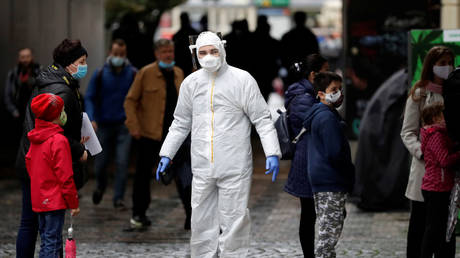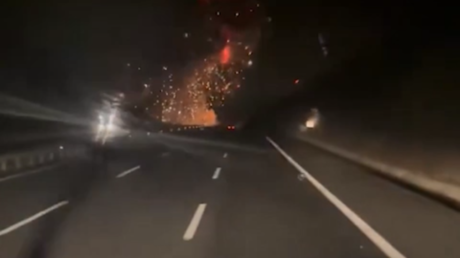
The Czech government has approved a state of emergency to tackle a rise in Covid cases. PM Andrej Babis said the restrictions won’t cause economic pain to the country, which has emerged as one of Europe’s new Covid-19 hotspots.
The 30-day long state of emergency, which begins on October 5, will allow Babis’ government greater flexibility to tighten rules on social distancing, including shutting schools in afflicted regions and limiting gatherings to small groups.
Speaking on Wednesday, the prime minister told lawmakers that he does not want to close businesses such as restaurants and bars. “We do not want to take measures as in March with a huge impact on our economy and the lives of our citizens,” Babis said.
The government fears Czechia could become an epicenter for the virus as Covid-19 cases in the landlocked republic have been growing at one of the fastest rates in Europe, second only to Spain.
According to the interior minister, Jan Hamáček, Czechia currently has around 2,000 new Covid cases a day, while the total count of active infections stands at around 34,000. “Doing nothing in this situation is an incredible gamble,” he said.
Last Thursday, new regulations were introduced in the country, which has a population of 10.7 million. They limit restaurants and bars’ opening hours, and make wearing masks in public places mandatory.
On Sunday, around 400 people gathered in Prague to protest against the new Covid-19 regulations, displaying banners with the slogans “we don’t want vaccines, we want freedom” and “we stand for the collective immunity.” Demonstrators accused the government of spreading fear and demanded to have a choice about wearing masks.
Think your friends would be interested? Share this story!




